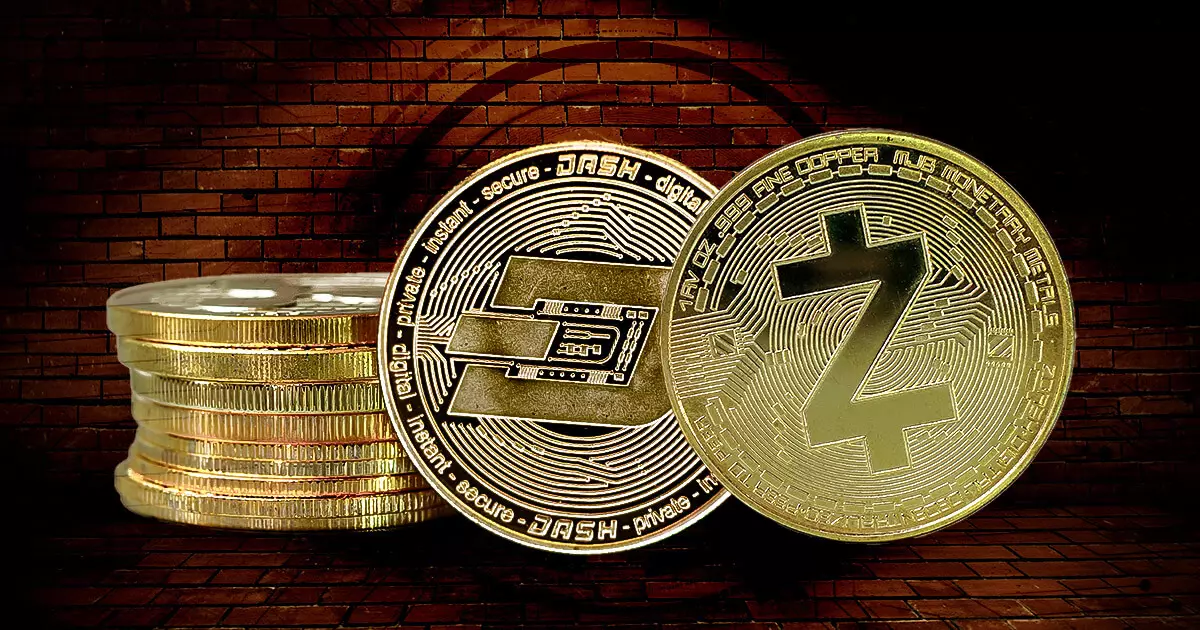On May 31, Binance announced its plan to delist certain privacy coins, including Secret (SCRT), Zcash (ZEC), and Dash (DASH), for users in unspecified jurisdictions on June 26. The exchange stated that the decision was made to comply with local laws and regulations regarding the trading of these coins.
Response from Privacy Coin Projects
However, the three privacy coin projects have denounced Binance’s delisting plan. The CEO of SCRT Labs, Guy Zyskind, stated that Secret is not a privacy coin, as transactions on the network are public. He added that the data within the smart contract is confidential, and the network is more appropriate for GDPR-type applications in the blockchain setting. Zyskind also noted that privacy would play an active role in Web3 gaining traction in mainstream markets, despite the “extreme scrutiny” these networks face. The SCRT Labs team has reached out to Binance to clarify the misunderstandings surrounding the labeling of its token.
Similarly, a Dash representative decried the network’s “persistent labeling” as a privacy-focused coin, insisting that it is simply a “literal fork of Bitcoin.” They added that all Dash transactions are completely transparent and auditable on its blockchain. All inputs, outputs, addresses, and amounts are recorded on each and every transaction, and viewable by anyone on its public blockchain. According to Dash, Bitcoin has more privacy features, while its network only has an optional non-custodial Coinjoin in two wallets, making up 0.4% of its transactions. Coinjoin is an optional tool used to enhance privacy in transactions. The protocol added that it would attempt to work with Binance to relist the token and further educate the exchange compliance team on the facts.
In a Twitter thread on May 31, Electric Coin Co., the company leading the development of Zcash, stated that Binance’s decision to delist its token “poses a direct and imminent threat to the privacy and security of individuals, families, businesses, communities, and entire nations.” The crypto firm suspected that Binance was delisting Zcash due to regulatory pressure from the European Union and the formal signing of the Markets in Crypto Assets (MiCA) regulation. According to Electric Coin Co., MiCA’s language is vague and applies to several companies, decentralized organizations, cryptocurrencies, and applications. To their knowledge, Zcash complies with all other laws and regulations in the EU, including the so-called Travel Rule and the Fifth Anti-Money Laundering Directive.
The three privacy coin projects have denounced Binance’s delisting plan, stating that they do not violate any local laws or regulations. Dash claimed that it is not a privacy-focused coin, while SCRT Labs CEO Guy Zyskind stated that Secret is not a privacy coin. Electric Coin Co., the company leading the development of Zcash, stated that Binance’s decision to delist its token poses a direct and imminent threat to the privacy and security of individuals, families, businesses, communities, and entire nations. The crypto firm suspected that Binance was delisting Zcash due to regulatory pressure from the European Union and the formal signing of the Markets in Crypto Assets regulation.

